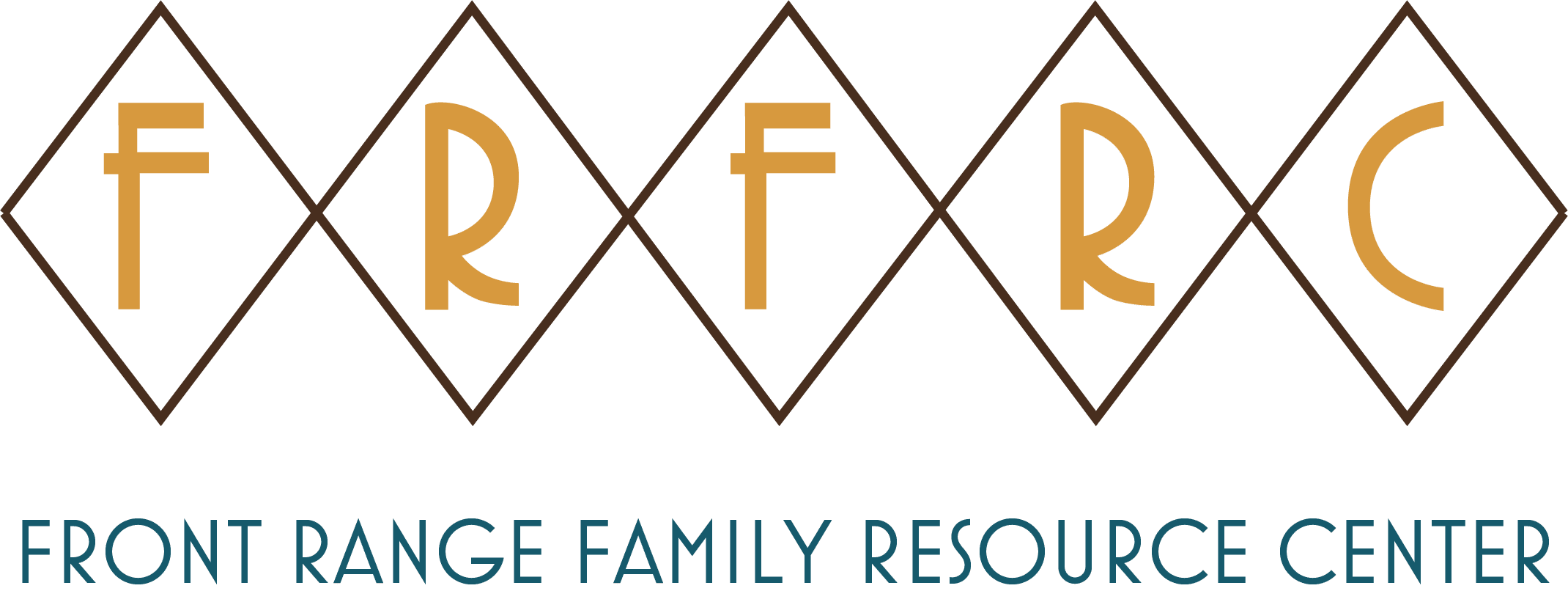Understanding Shame
Shame can be a difficult emotion to experience in intimate relationships. It is an emotion that arises when we believe we have violated a social or moral norm, leaving us feeling embarrassed, humiliated, or worthless. Yet, while it can be a challenging emotion to confront, it can also be an opportunity for growth and transformation within our relationships.
Differences Between Shame and Guilt
It’s important to understand the difference between shame and guilt. Guilt arises when we feel responsible for a specific action, whereas shame is more focused on the actual behavior. Therefore, as an example, forgetting an important date with our partner may trigger guilt, but it could also trigger the old narrative “I am bad” if we feel we are inherently inadequate or unworthy of love.
Rooted in Childhood
Shame often stems from childhood experiences, such as interactions with parents, caregivers, or peers. For example, children who experience shame as a form of discipline may learn to associate mistakes and failures with feelings of worthlessness. Those bullied or excluded from social groups may internalize “I am bad” and believe they are somehow flawed or unlovable. As adults, we may continue to experience shame when we encounter situations that trigger these early memories and beliefs in our relationships (usually an argument).
Shame Effects
The effects of shame can be far-reaching and detrimental to our relationships. It can lead to social isolation, as we may avoid situations where we fear being judged or rejected by our partner. Shame can also lead to mental health problems, such as depression and anxiety, as we struggle to cope with feelings of inadequacy and self-doubt. It can even manifest physically in the form of headaches, muscle tension, and digestive problems, which can negatively impact our ability to be present and engaged in our current relationships.
Helping us Grow
Despite its harmful effects, shame can also be an opportunity for growth and transformation within our relationships. By exploring and addressing the underlying beliefs and behaviors contributing to shame, we can build deeper connections with our partners, improve communication, and increase intimacy. We can also learn to cultivate self-compassion, which can help us navigate difficult situations and improve our overall well-being within our relationships.
Therapy Can Help
To overcome shame in our relationships, seeking the help of a qualified therapist or counselor is crucial. They can help us identify and address the underlying beliefs and behaviors that contribute to our reactions and provide us with tools and strategies for coping with this challenging emotion. In addition, building a resilient support network of friends and family members who offer us love and encouragement can also be beneficial.
Conclusion
In conclusion, shame is a complex and powerful emotion that can negatively and positively affect our relationships. By recognizing and addressing the underlying beliefs and behaviors that contribute to shame, we can learn to navigate difficult situations with greater ease and improve our overall well-being and connection within our relationship.
Are you ready to take emotional intimacy to a new level in your relationship?
Reach out today to enquire about getting support for your relationship.
Jeremy R. Allen, Licensed Professional Counselor
Son. Veteran. Husband. Father. Psychotherapist.
www.jeremyrallen.com
Are you ready to take emotional intimacy to a new level in your relationship?
Reach out today to enquire about getting support for your relationship.
Jeremy R. Allen, Licensed Professional Counselor
Son. Veteran. Husband. Father. Psychotherapist.
www.jeremyrallen.com
